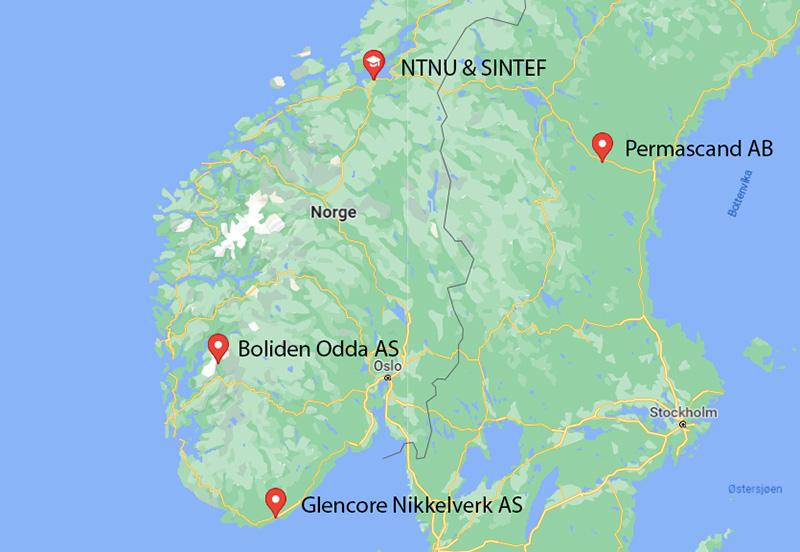Low Energy Anodes for Sustainable Electrowinning Project
Low Energy Anodes for Sustainable Electrowinning (LEAn)
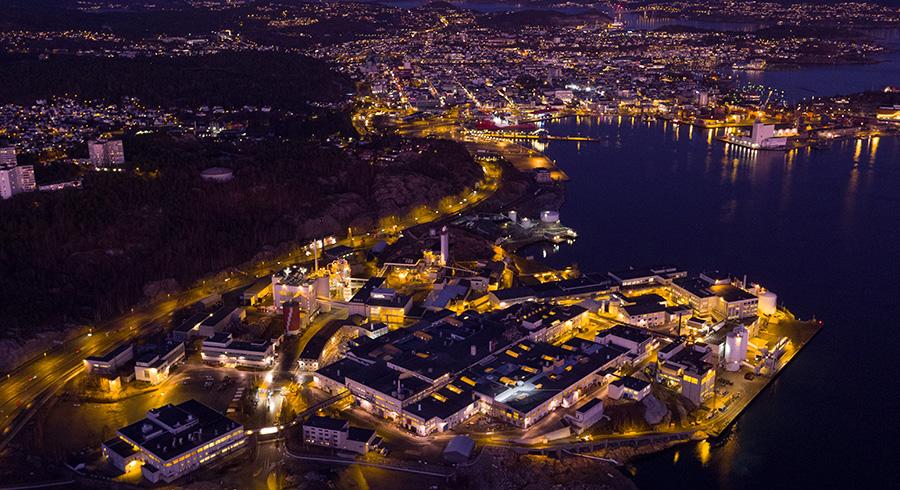
The LEAn (Low Energy Anodes for Sustainable Electrowinning) project develops new catalytic coatings for production of metals through electrowinning. The new anode coatings are based on abundant and affordable elements that at the same time lowers the energy consumption by 15 % compared to traditional lead anodes. The project is a knowledge-building project for industry involving metal producers Glencore Nikkelverk and Boliden Odda, electrode producer Permascand in addition to SINTEF and NTNU, all located in Norway and Sweden.
Metal electrowinning is the process of extracting a metal from its ore by electrolysis. In aqueous electrowinning the ore is first dissolved into an electrolytic solution. Then two electrodes are immersed into the electrolytic solution and a voltage is applied between them. This makes the metal deposit at the negative electrode (cathode). Typically, oxygen is evolved at the positive electrode (anode).
In Norway several metals such as copper, zinc, cobalt and nickel are produced by aqueous electrowinning. These processes require a high amount of electrical energy. The annual energy consumption associated with this industry in Norway is on the scale of TWh, corresponding to approximately 1 % of the total consumption of electrical energy.
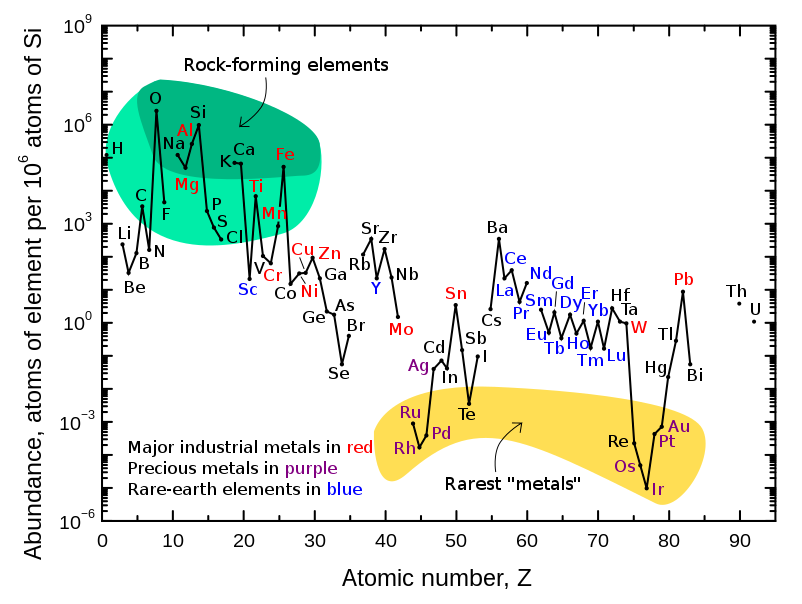
The energy consumption is particularly high at the anode, but can be reduced by using catalysts. Lead anodes currently dominate the industry because of harsh operating conditions. The energy consumption may be reduced by 15 % if the lead anodes are replaced by catalytic anodes containing iridium. Unfortunately, iridium (Ir) is one of the least abundant elements in the earth's upper crust. The scarcity combined with an increasing demand for iridium has sent the prices soaring. Because of the high price of iridium anodes it may pay off for companies to continue using the cheaper lead anodes and sustain the accompanying energy loss.
The LEAn project pursues alternative, energy efficient anodes with a catalytic activity that matches that of iridium-based anodes, but with a longer lifetime and that avoids the use of costly and scarce elements.
Upcoming events
Workshop 18 - 20 June 2024: Electrochemistry Enabling the Green Transition • Ljungaverk, Sweden • 2024
- Electrowinning
- Green Hydrogen
- Lithium
- Power Transmission
- Industrial Electrochemistry
A Venue for Networking and Exchange of Ideas Between Academia and Industrial Stakeholders
Download Workshop poster (pdf)
Past events
The LEAn PhD candidate Duygu Gümüs visited Glencore Nikkelverk 7 - 8 March 2024:
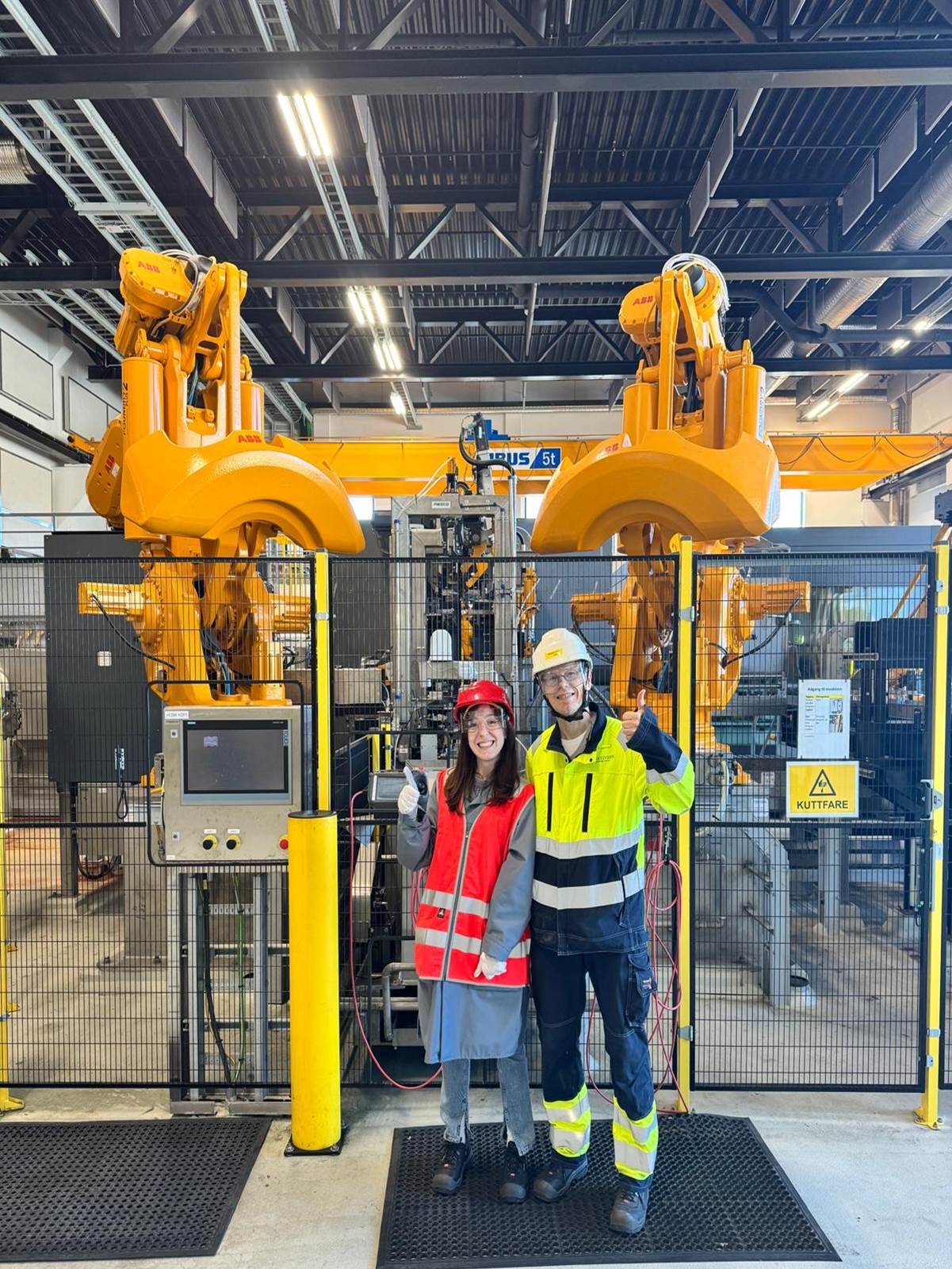
November 22.-23. 2023: Consortium meeting in Trondheim.
Aug. 27. - sept. 1. 2023: The postdoctoral reseacher in LEAn, Siri Marie Skaftun participated at the International Conference on Electrolysis (ICE) in Sun City, South Africa, giving a talk titled: "Degradation of Iridium Oxide Anodes During Oxygen Evolution in Sulfuric Acid ".
June 14.-15. 2023: Consortium meeting in Kristiansand including a visit to the new copper electrowinning tankhouse at Glencore Nikkelverk.
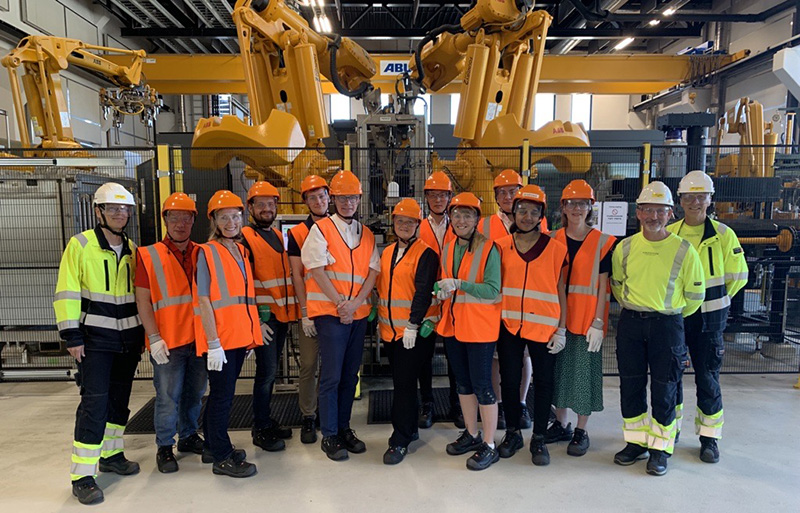
November 7.-8. 2022: Consortium meeting in Trondheim.
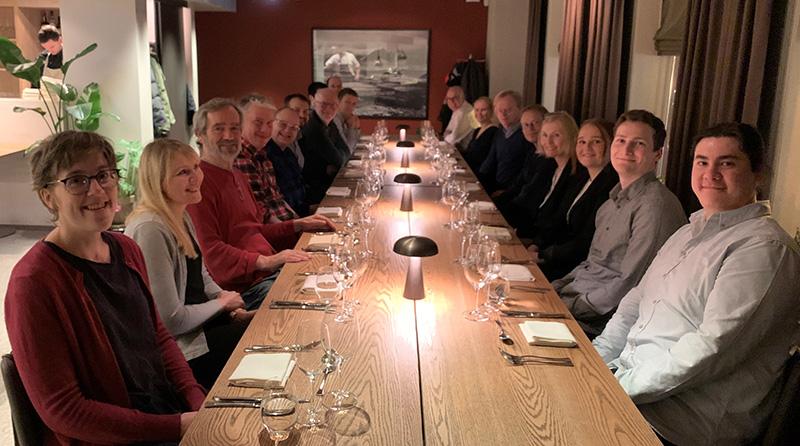
During 2022 participants from NTNU and SINTEF visited both Boliden Odda and Glencore Nikkelverk.
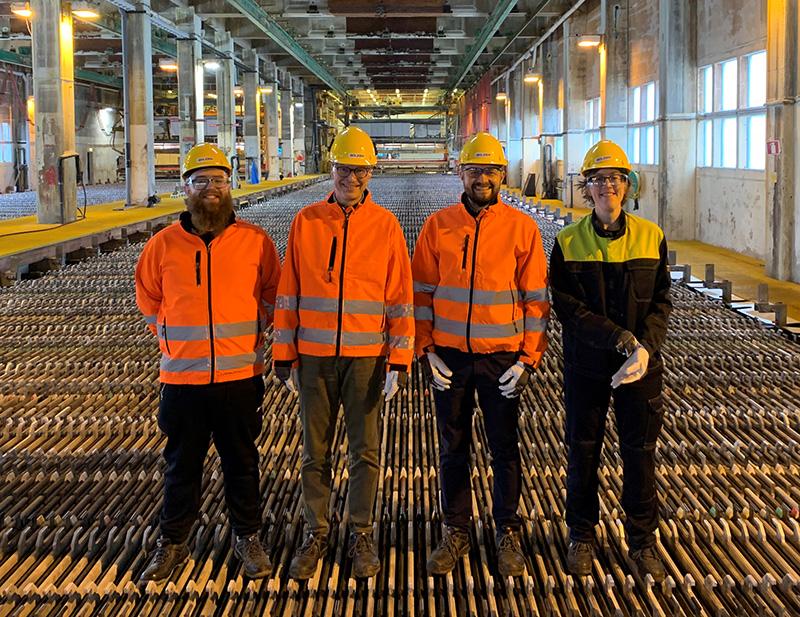
September 28.-29. 2021: Kick-off meeting in Trondheim.

